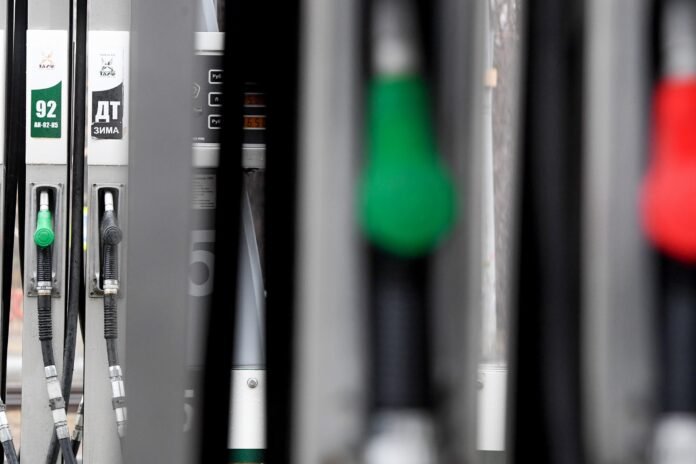In 2025, excise taxes will increase by 4.7%. For gasoline of ecological class 5, the excise tax rate from January 1, 2025 will be 15,755 rubles. per ton, in 2026 – 16,385 rubles, in 2027 – 17,040 rubles. per ton (currently the rate is 15,048 rubles per ton). For diesel fuel, the rate in 2025 will be 10,915 rubles. per ton, in 2026 – 11,352 rubles. per ton, in 2026 – 11,806 rubles. per ton (now – 10,425 rubles per ton).
Speaking to RG, Dmitry Gusev, deputy chairman of the supervisory board of the Reliable Partner association, noted that funds raised from excise taxes are allocated to road funds. It is no coincidence that when proposals are made to abolish or reduce excise taxes in order to stabilise retail fuel prices, the Ministry of Finance responds that new roads are built and maintained with special money, says Gusev.
As Sergey Tereshkin, General Director of the OPEN OIL MARKET market for oil products and raw materials, notes, excise taxes are an important source of revenue for regional budgets: 74.9% of revenues from excise taxes on gasoline and diesel go to the constituent entities of the Russian Federation. De facto, the current price indexation is one of the ways to support regional budgets, which may face difficulties due to losses in income tax. According to Rosstat, the profit and loss balance of wholesale and retail trade enterprises in the first four months of 2024 decreased by 51.7% compared to the same period in 2023, amounting to 466.2 billion rubles. (Trade is one of the industries that provides the most employers in the regions.)
At the same time, no one denies that an increase in the excise tax rate affects the increase in prices at the pump. According to Gusev, the share of excise tax in the cost of gasoline and diesel fuel is about 20%, i.e. an increase in excise tax by 4% guarantees a 1% increase in prices at the pump.
Tereshkin agrees and believes that the increase in excise taxes is one of the reasons for the rise in fuel prices. In 2019, when the “big” tax maneuver in the oil industry was just beginning (reducing export duties on oil and its products to zero and increasing the tax on oil production), the excise tax rate on class 5 motor gasoline was 12,314 rubles, and on diesel fuel 8,541 rubles. per tonne. Thus, in both cases, the increase in their value until 2024 was 22%.
The expert explains that the connection with the tax maneuver is not accidental. In mid-2010, when it was still being discussed between regulators and industry participants, it was planned to supplement the increase in the mineral extraction tax (MET) on oil and the reduction of export duties to zero with a reduction in excise taxes, which was supposed to compensate for the abolition of indirect subsidies for oil refining. We are talking about the difference between the highest duties on oil and the lowest on oil products: for example, duties on gasoline and diesel were 30% of the taxes on oil. The difference in the level of duties stimulated the export of oil products (fuel oil, gasoline, diesel) instead of the export of primary raw materials (oil). Oil workers transformed more expensive oil into cheaper fuel oil and then “pushed” it for export, which led to budget losses on export duties.
Since 2017, duties on fuel oil have been equal to duties on oil. This was supposed to stimulate the modernization of oil refineries, which would increase the yield of the most marginal light oil products (gasoline and diesel). With the reduction in taxes (starting this year), oil workers lost this indirect subsidy, but at the same time the excise tax rates increased significantly, Tereshkin explains.
At the same time, some experts believe that the stimulation of oil refining continued thanks to the operation of the buffer mechanism – compensation to oil workers from the budget for part of the difference in the cost of fuel in the European and Russian markets. The buffer has been operating in the Russian market since 2019.

